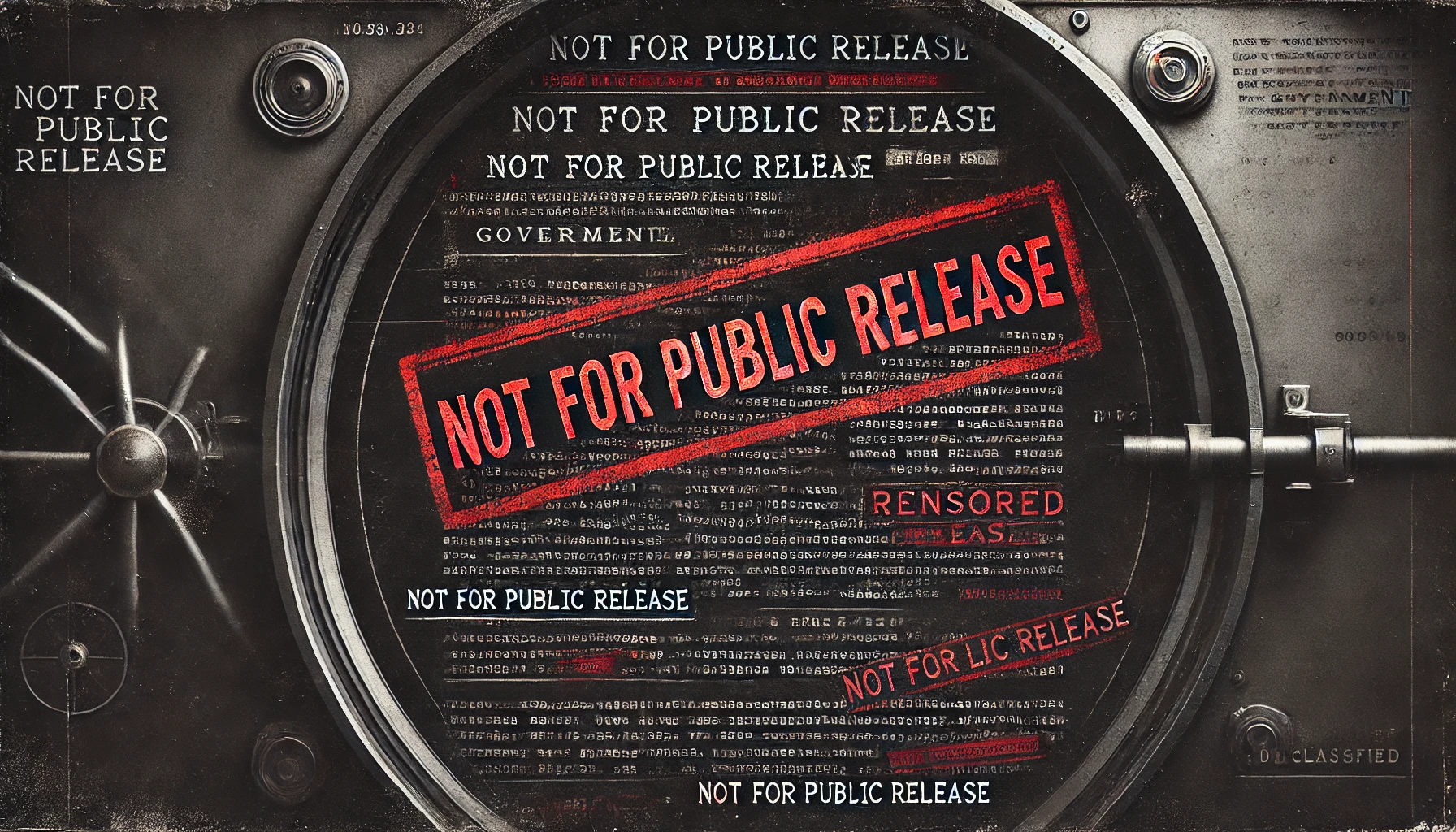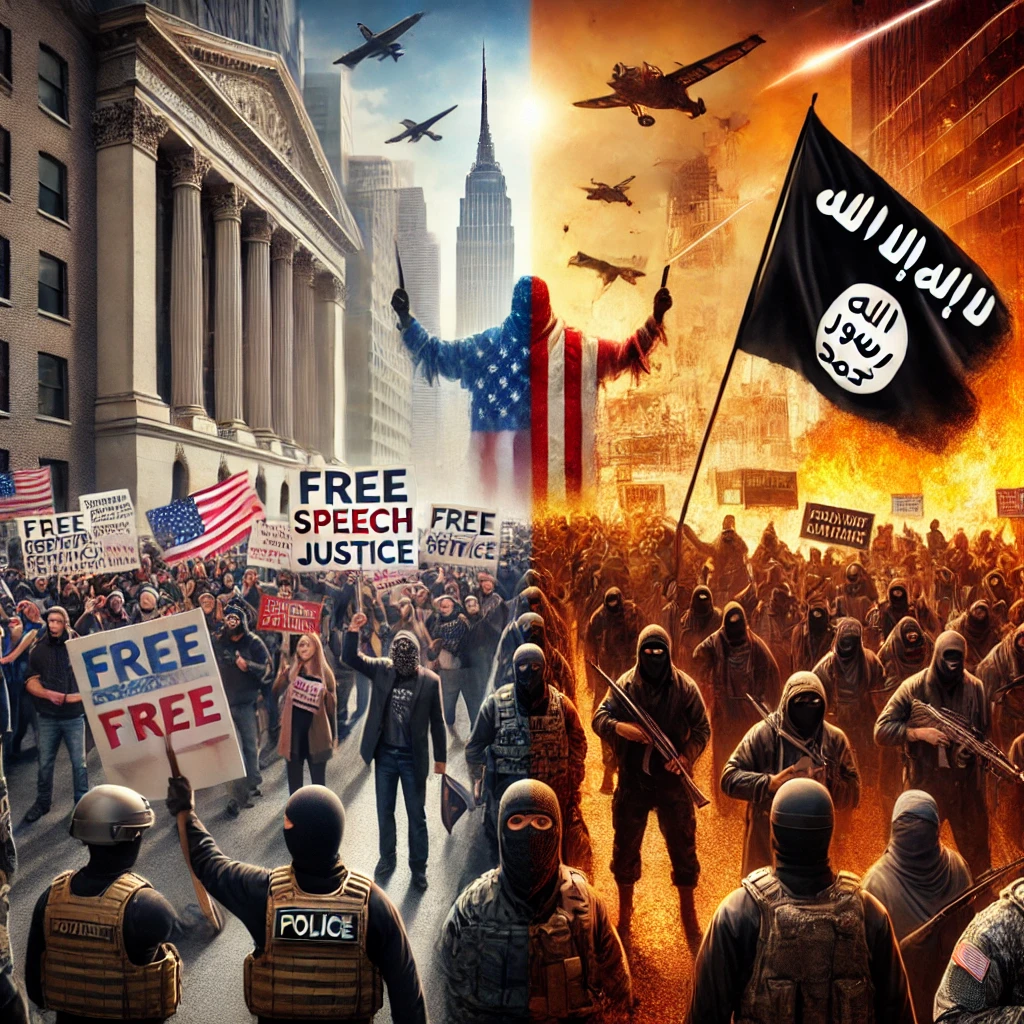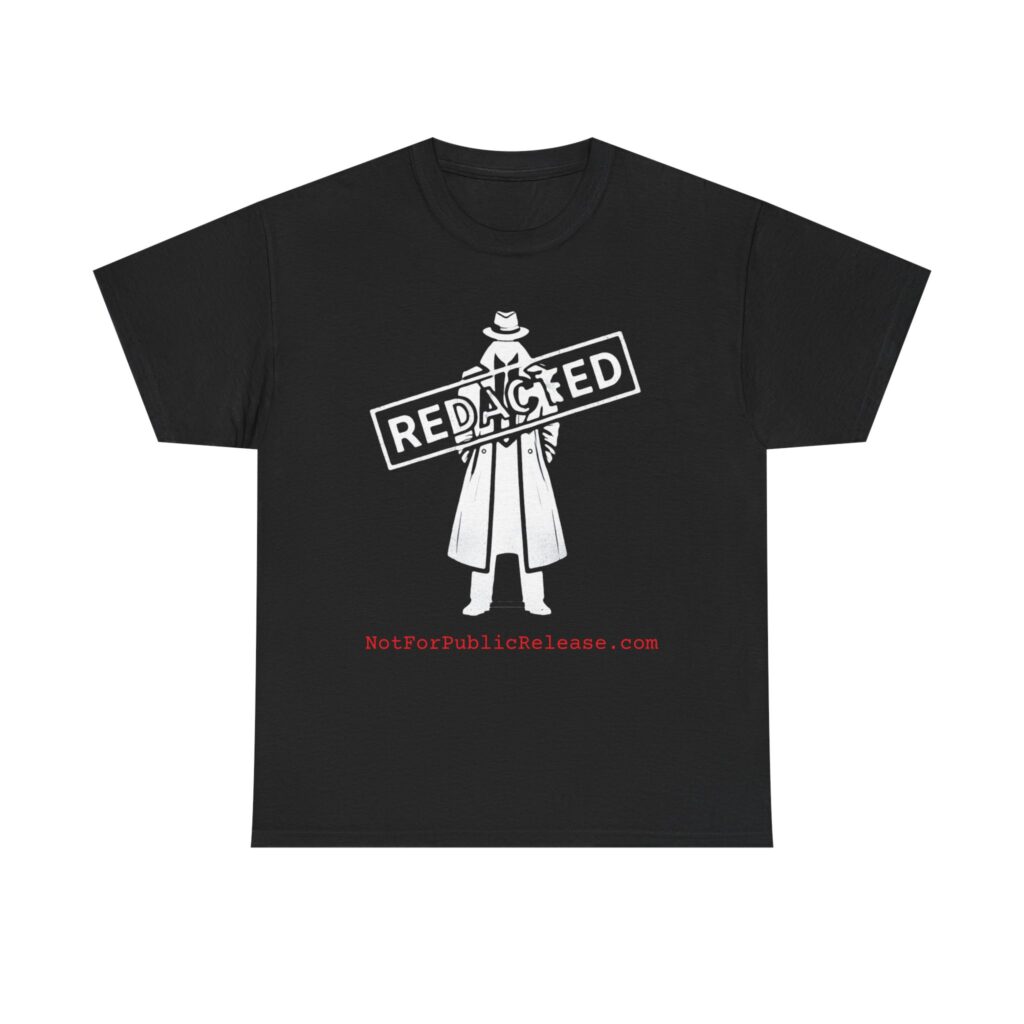The U.S. government imposes severe penalties for supporting designated terrorist organizations, but the consequences differ significantly for green card holders and natural-born U.S. citizens. While freedom of speech is protected under the First Amendment, the line between political advocacy and material support for terrorism is a legal gray area.
This article explores the legal distinctions between expressing support for a terrorist group, organizing protests, and actively recruiting or fundraising for a designated foreign terrorist organization like Hamas.
1. Legal Consequences for Green Card Holders
Deportation & Immigration Consequences
• Green card holders are not entitled to absolute protections like citizens.
• Under the Immigration and Nationality Act (INA), any non-citizen who provides material support to a terrorist organization can be deported.
• The USA PATRIOT Act expanded these provisions, allowing mandatory detention and expedited removal for non-citizens accused of terrorism-related offenses.
Case Example: Mahmoud Khalil
• Khalil, a Palestinian activist and lawful permanent resident, was arrested for allegedly organizing protests in support of Hamas.
• While he has not been charged with a crime, ICE is seeking to revoke his green card and deport him.
• If Khalil were a citizen, he could not be deported, but as a green card holder, the government can use lower legal standards to remove him.
2. Legal Consequences for Natural-Born U.S. Citizens
Criminal Charges Instead of Deportation
• Citizens cannot be deported. Instead, they must be charged and convicted if accused of aiding a terrorist organization.
• Material support laws (18 U.S.C. § 2339B) criminalize providing funds, training, logistical aid, or recruitment for designated foreign terrorist organizations.
Case Example: Zachary Adam Chesser
• A U.S. citizen, Chesser was convicted of attempting to provide material support to a terrorist organization and sentenced to 25 years in prison.
• Unlike Khalil, his citizenship was never in question; his penalty was incarceration, not deportation.
3. The “Aid and Comfort” Clause: Why It Doesn’t Apply Here
The U.S. Constitution (Article III, Section 3) defines treason as “levying war against [the United States] or adhering to their enemies, giving them aid and comfort.”
• This only applies in times of declared war.
• Hamas is a designated terrorist organization, but the U.S. is not at war with it in the constitutional sense.
• Thus, Khalil cannot be charged with treason; instead, the government relies on material support laws.
4. Organizing Protests: Free Speech or Material Support?
The legal question: Does organizing a protest cross into illegal material support?
| Action | Protected Speech? | Material Support? (Illegal) |
| Saying “I support Hamas.” | ✅ Yes | ❌ No |
| Protesting against U.S. policy toward Hamas. | ✅ Yes | ❌ No |
| Encouraging others to donate money to Hamas. | ❌ No | ✅ Yes |
| Coordinating with Hamas to plan protest strategies. | ❌ No | ✅ Yes |
| Recruiting others to work for Hamas (even in non-violent roles). | ❌ No | ✅ Yes |
What About Indirect Influence?
• If Khalil organized protests that encouraged others to provide material support (e.g., fundraising, recruitment, or aid), the government could argue he crossed the line.
• If his protest simply expressed support for Hamas without facilitating material aid, it should be protected under the First Amendment.
5. The Sniff Test: Are We Criminalizing Political Dissent?
• The government has broad discretion to define “material support,” sometimes blurring the line between advocacy and actionable support.
• Holder v. Humanitarian Law Project (2010) upheld that even non-violent support (e.g., advising a terrorist group on conflict resolution) could be criminalized.
• This raises concerns: Are we targeting actual threats, or suppressing free speech?
6. Debunking the “You Could Be Next” Narrative
There is a growing fear that this case sets a precedent where anyone could be arrested and deported for merely protesting. This is not accurate.
• If you do not support a designated terrorist organization or encourage material aid, you are not at risk.
• The government is not rounding up all protesters—only those accused of coordinating or facilitating support for designated terrorist groups.
• The First Amendment still protects political dissent—protesting against U.S. policy is not illegal.
• The legal trigger is material support, not speech alone.
This situation should not be used to create unnecessary fear among activists who are simply protesting U.S. policies. However, it is also important to understand the limits of free speech when it intersects with national security laws.
Final Thoughts: Legal vs. Political Consequences
• Green card holders can be deported more easily, even without criminal charges.
• Citizens cannot be deported, but they can be prosecuted under “material support” laws.
• Speech alone is protected, but actions that aid a designated terrorist group can be criminalized.
• The Khalil case will set a precedent for how far the government can go in punishing political activism.







